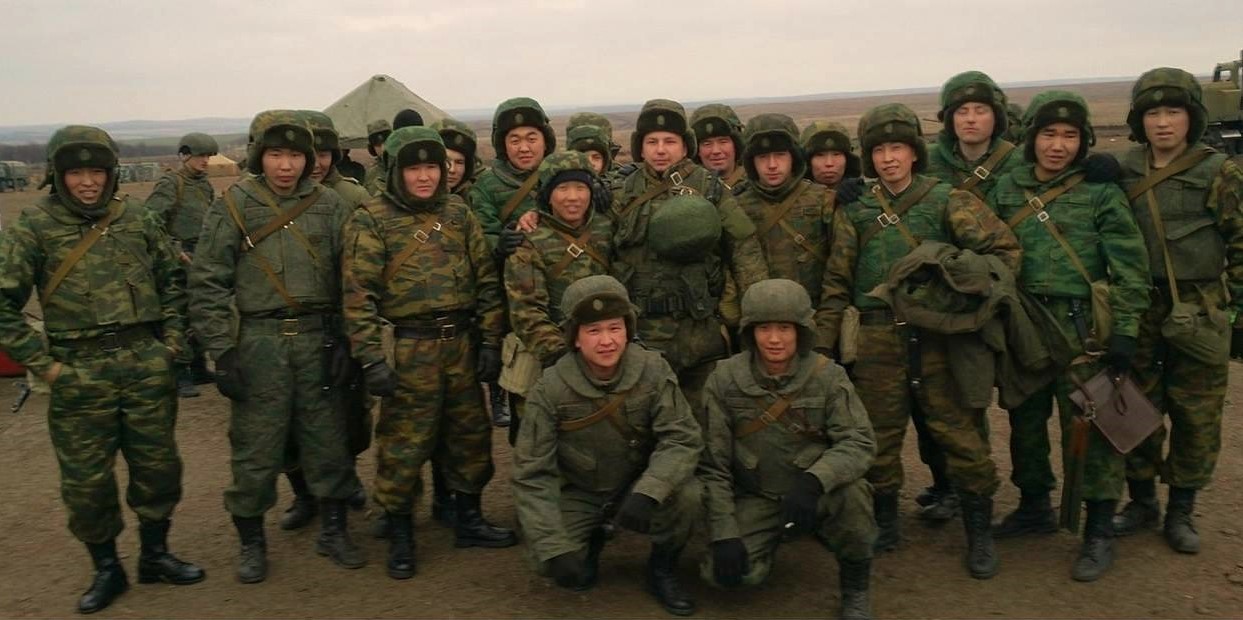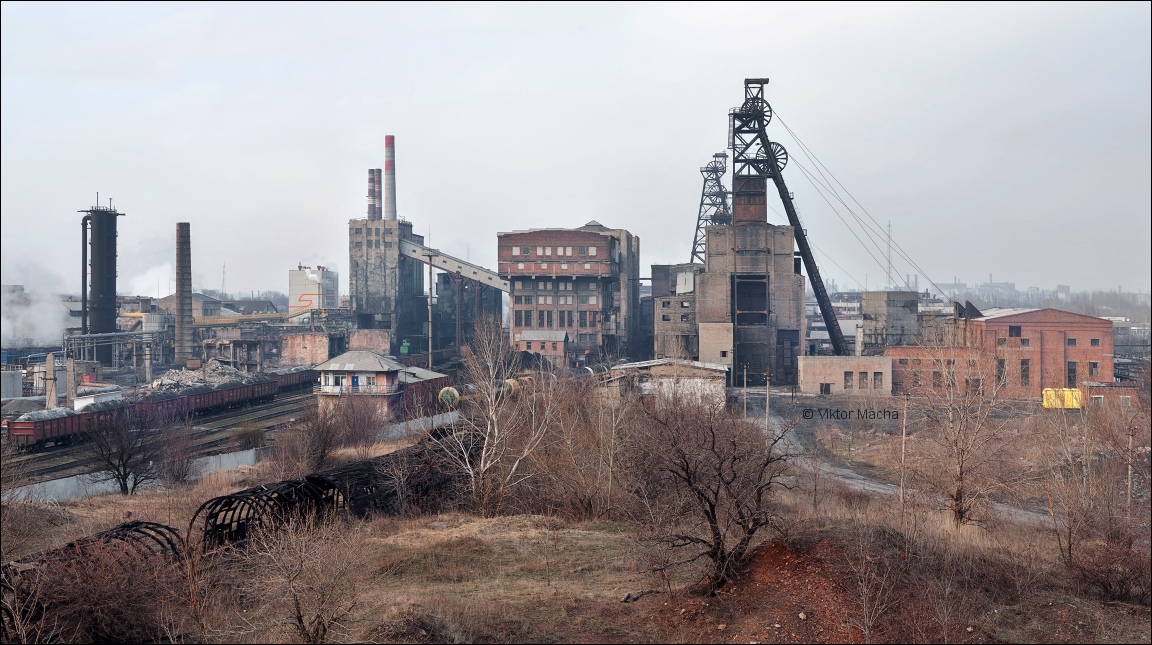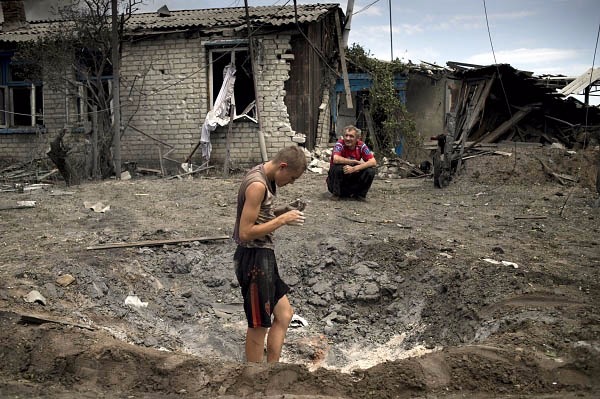On January 25, the European Court of Human Rights published an interim verdict on the so-called "great Donbas trial". This decision has become an astonishing victory for Ukraine.
The Court confirmed that Russia invaded Donetsk and Luhansk oblasts in April 2014. Its control over the occupied territories became absolute on 11 May of the same year. Russia started deploying regular military units the same summer.
“The Court has ruled that Russia bears full responsibility for what happened under its occupation. It decided that the Russian Federation controlled all the territory of the so-called "DNR" and "LNR" since May 11, 2014.
The finding that the Russian Federation had effective control over the relevant parts of Donbas controlled by the subordinate separatist administrations or separatist armed groups means that the acts and omissions of the separatists are attributable to the Russian Federation in the same way as the acts and omissions of any subordinate administration engage the responsibility of the territorial State, the Court explains.”
For most analysts or diplomats who have tracked the war closely since 2014, this is hardly a surprise. The international diplomatic corps working out from Kyiv during the first years of the war more or less collectively reported it as a Russian-induced war. The West has always known that the war started in 2014.
Four things Ukraine’s lawfare victory in the “great Donbas trial” at ECHR will change
According to the Russian Federation, the military operation to illegally occupy and annex the Crimean Peninsula started on 20 February 2014. Ukraine has, therefore, defined this date as the start of the Russian war against Ukraine. The date set by the European Court of Human Rights on 25 January only applies to the Russian occupation of parts of Donbas and does not extend to its illegal occupation and annexation of Crimea.
Why is the court ruling important?
It is important because it changes the media narrative. I will use the NRK (the Norwegian National Broadcasting Company) - the government-owned radio and television public broadcasting company, and the largest media organization in Norway – as an example. After having read international media extensively for years, I find it representative of most Western serious news outlets.
Lacking a legal ruling, NRK has for years upheld its balanced (but still very unbalanced) reporting on the war. It has given Kremlin every opportunity to convey its propaganda and disinformation on Ukraine and the war. Until recently, it has never questioned Russia’s credibility or fully acknowledged its weaponizing of information.
Why the ECHR case against Russia is so important for Ukraine
When politicians, journalists, analysts, and experts seek “objectivity” – the freedom from bias – they use phrases like “Russia and Ukraine claim,” “Russia and Ukraine allege,” “Russia and Ukraine accuse each other,” or describe the two as “the parties to the war.”
Freedom of bias is crucial in a situation where we don’t know the facts or don’t have access to all the evidence. The presumption of innocence is a legal principle that anyone accused of any crime is considered innocent until proven guilty; it also guides us when we address atrocities and war crimes.
Our choice of words, however, is extremely important. In the act of being politically correct and adhering to the rule of “objectivity,” we run the risk of ignoring what we already know as facts. More crucially, the act of balancing includes the risk of lending credit to the aggressor while diminishing that of the victim.
The NRK – along with most other international media outlets ignored the facts at hand.
EUvsDisinfo, the flagship project of the European External Action Service’s East StratCom Task Force, was established in 2015 to better forecast, address, and respond to the Russian Federation’s ongoing disinformation campaigns affecting the European Union, its Member States, and countries in the shared neighborhood. As of today, its database
contains 14,890 samples of pro-Kremlin disinformation. Both President Putin and Foreign Minister Lavrov have been directly linked to multiple cases but are indirectly linked to all of them.
A similar database for Ukraine does not exist. A democracy is unable to weaponize information simply because it does not control it.
NRK failed on several other important aspects crucial to an objective and credible reporting of the war. While most Norwegians knew the names of the President and Minister of Foreign Affair of the Russian Federation before 24 February, very few knew the names of the Ukrainian Head of State or Minister of Foreign Affairs. It was a consequence of enduring unbalanced and biased reporting.
The Norwegian National Broadcasting Company had (and still has) a reporter permanently stationed in Moscow – exposed to Russian disinformation – reporting on the war in Ukraine. It used some of the Russian terminology and narratives in its reporting, including the term “Ukrainian civil war” and “pro-Russian separatists” (indirectly supporting the first narrative).
However, the biggest fault of international media – including NRK – was the fault of omission.
From 2015 onwards, the reporting on the war fell dramatically. Lacking the drama that captures the attention of the international audience, the war gradually disappeared under the “horizon” and the attention of the media. Consequently, most were utterly unprepared for the full-scale invasion. Many did not realize that a war had been ongoing for more than eight years already.
When the full-scale invasion started on 24 February 2022, around 15,000 had been killed and 32-34,000 wounded. 1,5 million Ukrainians were internally displaced. Ukraine had lost most of its navy and a quarter of its air defense. Russia controlled nearly 20% of Ukraine's territory and maritime-exclusive economic zones.
24 February only marked the transition to a new phase of the war. It was the same aggressor, same war, same strategic aim and objectives, and same means that had been employed continuously since 2014. Only the balance between the military and non-military means shifted. The military effort changed from a supporting role to a main effort.
While the lack of public awareness was highly regretful, the media’s lack of focus denied it the chance to question their respective government and parliament’s response to a constantly evolving war in Europe. That is by far a more critical failing.
Why wasn’t the defense budget urgently strengthened in 2014? Why wasn’t the process of downsizing and streamlining reversed? What was the result of decades of failing to meet the NATO commitment of a 2% share of GDP for defense? Was NATO able to meet its obligations and solve its level of ambitions? What was needed to deter Russia from escalating? How did the West counter the Russian Hybrid War (it has waged for years)? Are the defense industries capable of meeting the demands resulting from a new security situation? Do we have the stockpiles required to sustain a war in Europe?
Most importantly, what is the consequences – the tsunami of ripple effects from the war? What are the consequences of a Russian victory in Ukraine and were governments and parliaments doing what was needed to ensure it never happens?
These are all questions the media failed to ask, while governments and parliaments were all too happy to ignore the issues.
The media failed to ask all the crucial questions and as such, failed to uphold its commitment to civil society. It has failed to act as the Fourth Estate within the field of security and defense.
After decades of “peace in our time”, the media has most likely lost its knowledge and expertise on international security and defense policy.
The fault of omission is no longer possible. The interim verdict from the European Court of Human Rights will force the media to review its past policy and face up to its failings.
The verdict has put the media’s past failings in the spotlight. In recognition of its failings, we must hope for a more critical press holding the Executive and Legislative branches accountable for their failure to defend our shared values and principles.
This is crucial at a time when the media is once again slowly losing its attention on the war and its many repercussions.




